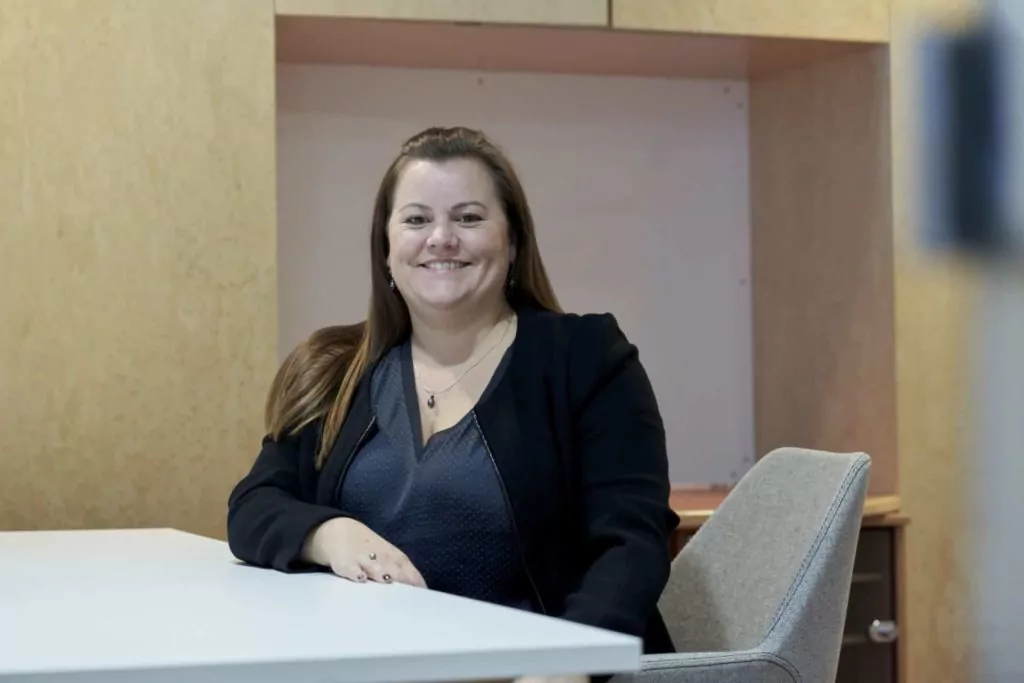

According to statistics released in December 2019, the legacy sector was worth a whopping £3.2 billion. But here we are, 4 months on, and no one's quite sure how the legacy landscape is going to unfold. In this uncertain and volatile time, it's more vital than ever for legacy teams to receive cash on their existing estates, provide accurate forecasts to their board of trustees and work harder than ever to maintain their legacy income for the future survival of their charity.
At Foot Anstey we're working with our charity clients and beneficiaries to ensure our probate matters are progressing and distributions are being made, despite the current issues. Here are our top tips for dealing with those tricky executors and ways to work around cash flow problems:
Navigating staff shortages
The Charity: Many charities are working with reduced staff, especially within Legacy and Finance teams. Focus on chasing income on estates post grant past the statutory 6-month notice period. Solicitors should be able to distribute funds at this point and there should be available money on account. This first interim distribution usually makes up the bulk of the charity's entitlement and will typically be larger than final distributions. If you know a property has recently sold, contact the solicitor for an update and find out whether there is cash available.
The Solicitor: Law firms across the board are making use of the government’s Coronavirus Job Retention Scheme as they look to mitigate the financial impact of the Coronavirus pandemic. Regardless of staff resource and increased workload, firms have a duty of care to all of their clients and still need to respond to requests for updates, interim distributions and final accounts (etc) and ensure they are progressing probate matters. A polite reminder of this should be sufficient to prompt them to engage with you and progress a matter.
Signposting successfully
The Charity: Having clear information on your website informing executors of the correct email address is key. Ensure your website includes information about your Covid-19 processes such as whether your head office is open or not and ensure that this is also reflected on your legacy page(s).
The Solicitor: Unless the solicitor has had previous dealings with the individual Legacy Officer, they will likely write to your head office. In the first instance, the solicitor should be checking your website and then emailing the contact on the website or calling a dedicated legacy phone number.
3rd parties status
The Charity: Keep checking ILM for up to date information on HMCTS, Smee & Ford and HMRC. As we know from last year, any drastic changes to the functionality of these third parties have a knock-on effect on legacy income.
For the time being Scottish and Northern Ireland Probate registries have closed altogether, so no new applications are being accepted, and existing applications are completely on hold. We're also aware that Smee & Ford are not receiving copies of all issued Grants of Representation from HMCTS.
The Solicitor: Dealing with banks, investment companies, pension providers and HMRC has proved problematic. Historically these 3rd parties operate by paper and trying to get hold of a person by phone is challenging. However, our Charity Probate team have spent time engaging with these institutions about their processes and in the last few weeks we've been pleased to see that a few banks are now accepting first notification of a death online (NatWest and Barclays) rather than the traditional method. Certain probate applications can now be made online and we've seen a rise of documents being signed electronically. We hope this move forward for the industry will ultimately remove some of the existing barriers that slow the progression of an administration.
HMRC on the other hand, have informed us they've reduced staffing levels and completely downed tools on certain aspects of their work, clearance certificates being one such aspect. This means it’s proving difficult to finalise administrations on estates where the only outstanding matter is finalising the income tax position with HMRC. This will prevent final distributions which is why it is key to focus instead on sizeable interim distributions.
Adapting communictions
The Charity: Some solicitors will habitually send all communication by post and therefore you will need to lead the way. If you're lucky enough to have someone in your office collecting post, make it very clear in your return communication that email is the way forward. Quite often the solicitor won't be able to progress the administration without your confirmation on a particular point so remind them that using snail mail is making their job harder for them! For those of you already doing this, and letters are still coming in response, try speaking to the solicitor. A different form of communication may be all it requires for a change to arise and if email really isn’t going to work for them they might be happy to call you with updates which will be quicker than snail mail.
The Solicitor: Most firms have receptionists redirecting calls and should be able to inform you whether the solicitor is still working, and if not provide you with an alternative contact. Most friendly solicitors will be more than happy to speak to you and they should be able to provide you with a swift update. Where we are dealing with legacy administration for charity clients, we have seen some great examples of helpful solicitors updating us on numerous matters at one time and the majority have been very willing to make interim distributions (and in some cases only a few weeks after the last distribution). There is no harm in asking the question.
Processing payments
The Charity: As they say, cash is king. To ensure you're receiving income as swiftly as possible push for payment by bank transfer. You'll need to be comfortable giving your bank details by phone and ensure your Finance Team are prepared for the increase of online BACS payments. If a law firm is concerned about email confirmation, create a bank payment letter with an e-signature and attach it to your email, clearly explaining your process and giving them your details for them to call you to verify the payment. If solicitors are concerned about the correct authorised signatory, send them a copy of your delegated authority to make it clear who has authority to deal with payments. Remember the easier it is for the law firm to deal with distributions the less it will cost the estate, so it's best to give as much information as possible.
The Solicitor: Every firms approach to payments will differ, due to their own Anti-Money Laundering policy. However, most solicitors should accept bank details by email so long as there is an additional verification (for example by phone). Where we have been managing legacy administration for charity clients we have been calling or emailing the solicitor first to check if they are willing to accept the details by email or providing them over the phone. Sending the bank details as an attachment which is password protected is also a secure way to provide this sensitive information. If the solicitor needs to verify the details by telephone it is helpful for the number on the legacy page of your website to be the same number so that they can link the organisation with the telephone number.
The solicitor is also likely to want a formal receipt or confirmation that the funds have been received by email so aim to confirm receipt as soon as possible. It will put at ease those solicitors who are slightly worried about online transfers!
What can we expect from the future?
No-one knows exactly what the future looks like, when things will return to 'normal' and what 'normal' will look like. All we can do is look to the future with hope and be prepared for what will come next. Whilst it is most likely that legacy income will drop this year, a significant proportion of this drop will simply be a delay and 2021 could end up being a bumper year as a result.
Get in touch:
Our Legacy team can advise you on a range of legacy income matters. Please get in touch one of our team members below or find out more about we can support you with your legacy administration.
Key Contacts

















